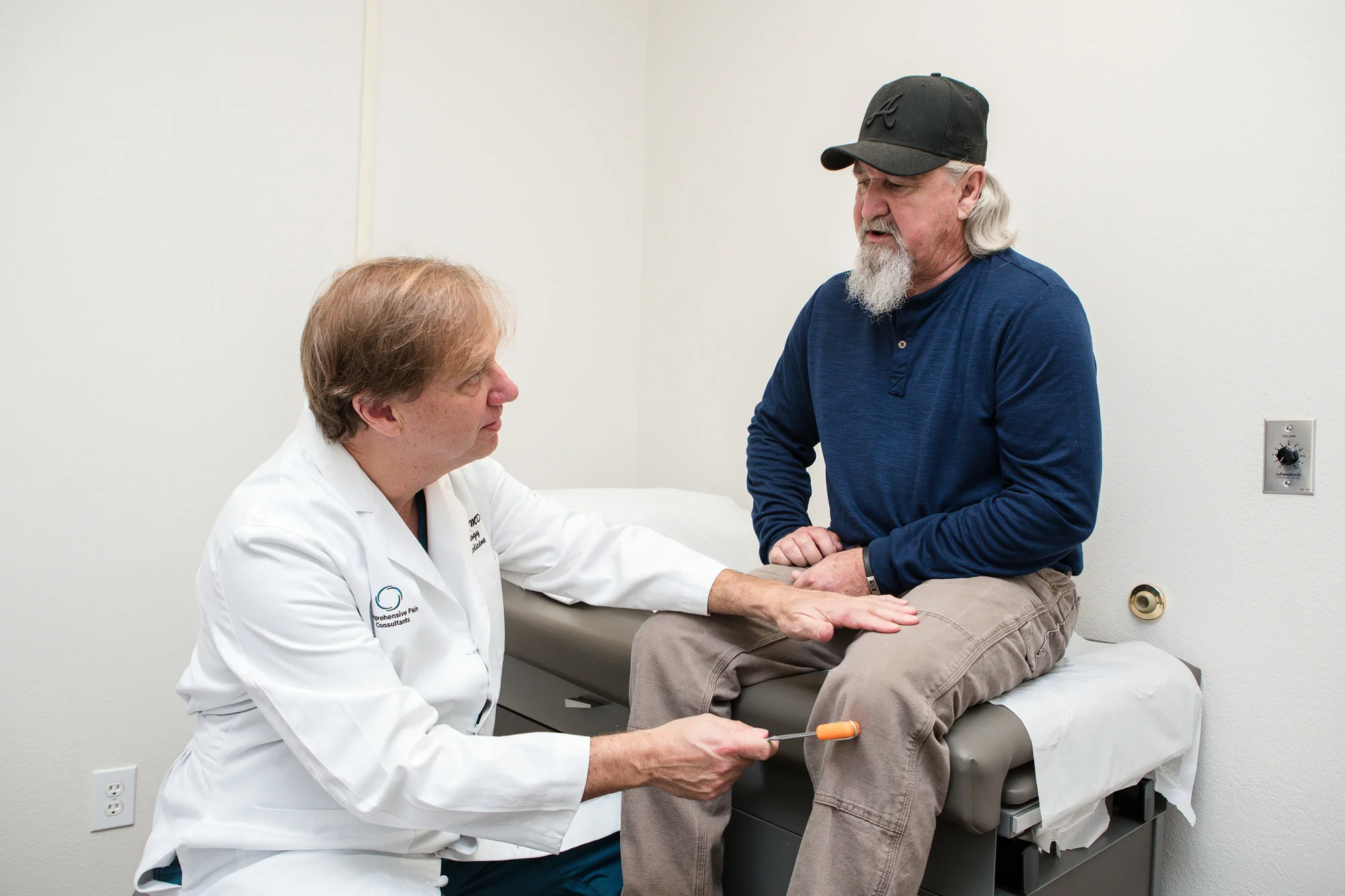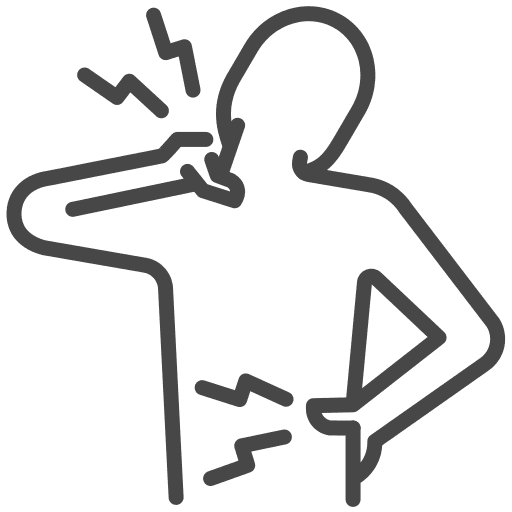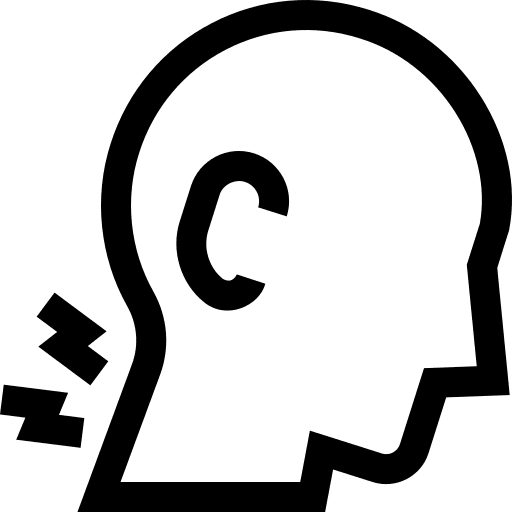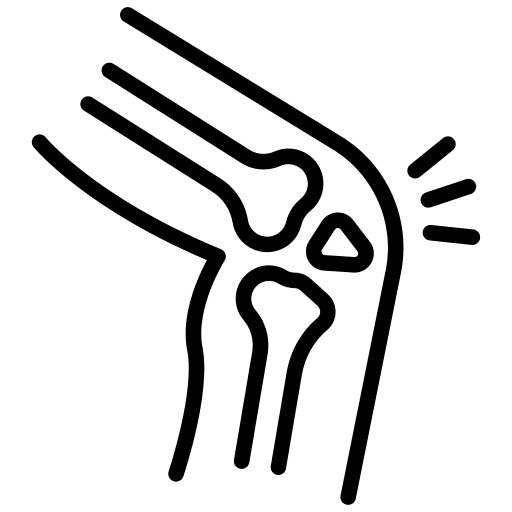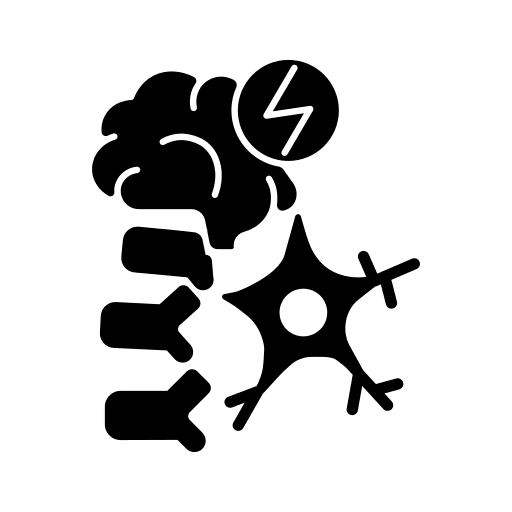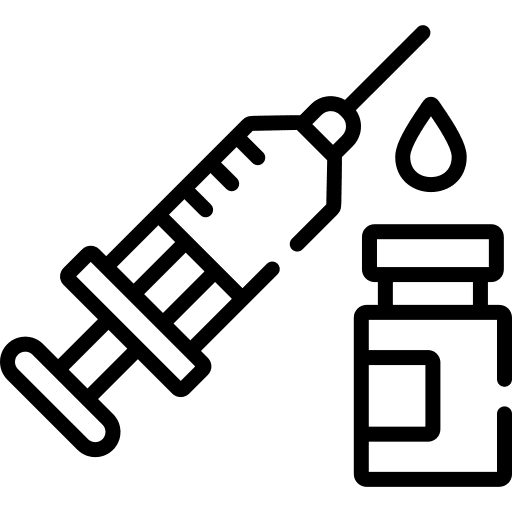
It’s a popular question: which gender has the higher pain tolerance? Surely pregnancy and childbirth make women the obvious answer. However, many studies show that the truth isn’t quite so cut and dry. That’s why today your favorite pain doctors near Hendersonville NC (clinics in 11 convenient Asheville area/Western North Carolina locations) are addressing the topic of gender and pain. We’ll begin to unpack the basics of why men and women experience pain differently.
What Differences Do We See in Pain Processing?
The scientific medical community at large has been studying this question for quite some time. There are many subjective elements to pain that make it a hard topic to address. However, there are several things we do have research-based evidence to support.
-
Women have a greater tendency to report and/or seek help for pain they are experiencing
-
Many chronic pain conditions are more common among women than men, including migraines, fibromyalgia, irritable bowel syndrome and interstitial cystitis
-
Potential [inconsistent] gender differences in severity of pain
-
Differences in the cognitive and biological responses to pain intervention
-
Neuroimmune (immune and nervous system) differences are also showing evidence of playing a role in men’s and women’s different pain processing
There is even evidence of this difference in pain that has been seen in individuals transitioning from male to female [as well as from female to male]. The existence of specific chronic pain conditions as well as how each gender interacts with that pain is certainly a topic that we’re just scratching the surface of.
Sensitivity to Pain
Another category that experts are seeing as a defining factor in the gender pain division involves how sensitive to pain each gender is. Generally speaking, women tend to have a much stronger connection to their body than men. This is more than a mental awareness, however. This increased sensitivity to pain seen in women can be linked back to several factors, including:
-
Biology
-
Sex Hormones (Testosterone can reduce sensitivity to pain)
-
Increased risk or presence of anxiety/depression/sadness
-
Societal expectations/pressures
Pain Medication Trials
Much of the research that drives the pharmaceutical development process was largely done on the male population. This is because, up until 1993, the Food and Drug Administration prohibited “women of childbearing potential” to participate in early clinical trials.
Since the inclusion of women, the focus has been on identifying how each gender responds to different types of pain treatments. It has been observed that many of the pharmaceutical options for treating pain aren’t as effective for women as they are for men. Thankfully, this will lead to more and more specialized, specific medication options going forward.
How to Respond
If you are living with chronic pain – regardless of your gender – step one is to find qualified a comprehensive pain management specialist. Schedule an introductory appointment where you can be properly assessed and get an opportunity to ask questions about treatment options. Be sure the provider offers services that treat pain effectively for both genders, such as:
-
Migraine/Headache treatments
-
Fibromyalgia treatments
-
Customized treatment options
-
Comprehensive care
-
Regard for your personal quality of life
If you are living with chronic pain and you feel as though you’ve exhausted all of your options with your current practitioner, please ask for a referral to a specialized pain management clinic. With the right combination of diagnostics, pain medication, physical therapy, nerve blocks, and other treatments, seeing a specialist may be the difference between a life in pain and a life fully lived.
Comprehensive Pain Management– Hendersonville, NC
At Comprehensive Pain Consultants of the Carolinas, we treat the whole person. That means no matter what your gender or condition, we are going to seek the best possible treatment plan for your unique set of needs. We’re invested in your sustained relief from pain. Our treatment plans are minimally invasive and conservative. We also provide, as a part of our team, psychologists who offer counseling and education to assist you in reaching your goal for an optimal life. Call today to schedule an appointment!


